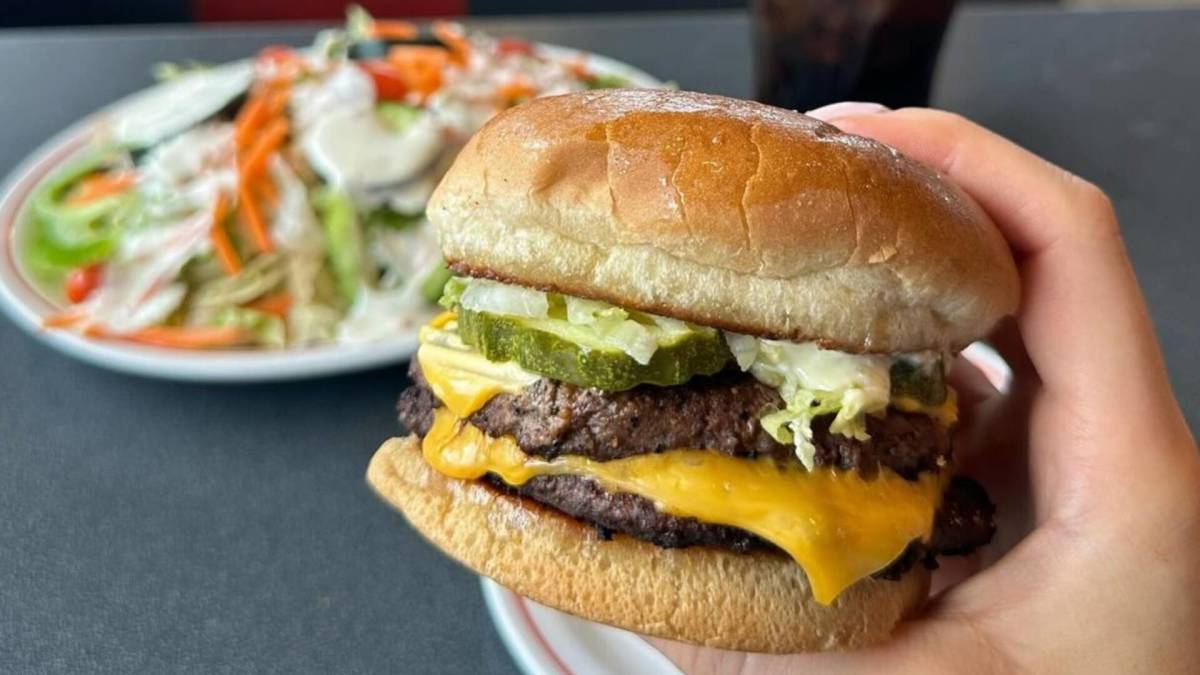
Fast-food restaurant chains nationwide have faced financial problems from many of the same issues, such as changes in consumer spending habits after the Covid-19 pandemic, rising interest rates, sustained inflation, and increased food and labor costs.
Restaurant owners often opt for out-of-court restructuring measures to stabilize their business and cut costs, such as layoffs, renegotiating leases, refinancing debt, and closing locations. When out-of-court solutions are unsuccessful, some restaurant chains will file bankruptcy to reorganize their business, restructure debts, dispose of assets, or liquidate and close locations.
💸💰 Don't miss the move: Subscribe to TheStreet's free daily newsletter 💰💸
EYM Pizza, which operated Pizza Hut locations in Texas, Wisconsin, and Ohio, didn't have enough revenue to pay its required royalties to Pizza Hut. The royalty shortfall led to a Pizza Hut lawsuit against the franchisee, which prompted EYM to file for Chapter 11 bankruptcy protection on July 22.
Related: McDonald’s US sales face major threat despite small progress
BurgerFi International BFI, owner and franchisor of burger and pizza restaurants nationwide, on Sept. 11 filed for Chapter 11 bankruptcy protection to reorganize after a turnaround plan that it implemented less than a year ago failed to produce the necessary results to prevent the filing.
While those fast-food chains chose to file bankruptcy, others implement measures outside of court to try to right the ship instead of resolving matters in front of a judge.

Frisch's Big Boy
Frisch's Big Boy closing locations
Iconic hamburger chain Frisch's Big Boy is closing several restaurants, which could eventually amount to about two dozen, as it battles an eviction filing for over 20 locations in southwestern Ohio, WLWT-TV reported.
Frisch's Big Boy filed a motion on Oct. 21 in an Ohio court seeking a continuance on an eviction hearing on cases against over 20 locations to allow the burger chain to work with plaintiff and landlord NNN REIT LP on a schedule to close restaurants.
"Due to unforeseen circumstances and various other factors, Frisch's Restaurants Inc., operator of Frisch's Big Boy Restaurants, will be closing certain locations," Frisch's said, according to WLWT.
Related: Iconic restaurant chain ready to file Chapter 11 bankruptcy
Frisch's did not indicate which locations it will be closing. The company already closed three locations in Ohio and two in Kentucky after revealing plans to close locations in April 2024.
More business distress:
- Huge truck rental company files for Chapter 11 bankruptcy
- Troubled retailer closes more stores in Chapter 11 bankruptcy
- Iconic Home Depot hardware rival files Chapter 11 bankruptcy
Frisch's landlord sought to evict the burger chain from over 20 locations for failing to pay $4.5 million in rent, according to court documents, the Cincinnati Enquirer reported.
The restaurant chain has not said whether it will seek bankruptcy protection.
Frisch's Big Boy is not affiliated with the original Warren, Mich.-based Bob's Big Boy burger chain, which was founded in 1936 by Bob Wian in Southern California. Bob's Big Boy is currently owned by a Michigan investors group, Big Boy Restaurant Group.
Frisch's Big Boy was established in Cincinnati in 1946 after the Ohio chain's founder Dave Frisch met Wian at an industry convention and obtained permission to adopt the Big Boy concept, according to the company's website. Frisch's chain would grow to about 200 units.
Frisch's was acquired by private equity firm NRD Capital in 2015 for $175 million, FSR reported, and had 121 restaurants at that time.
A review of Frisch's locations on its website listed a total of 75 locations in Ohio, Kentucky, and Indiana as of Oct. 28, but the website did not indicate if any of the locations had recently closed.
Related: Veteran fund manager sees world of pain coming for stocks







